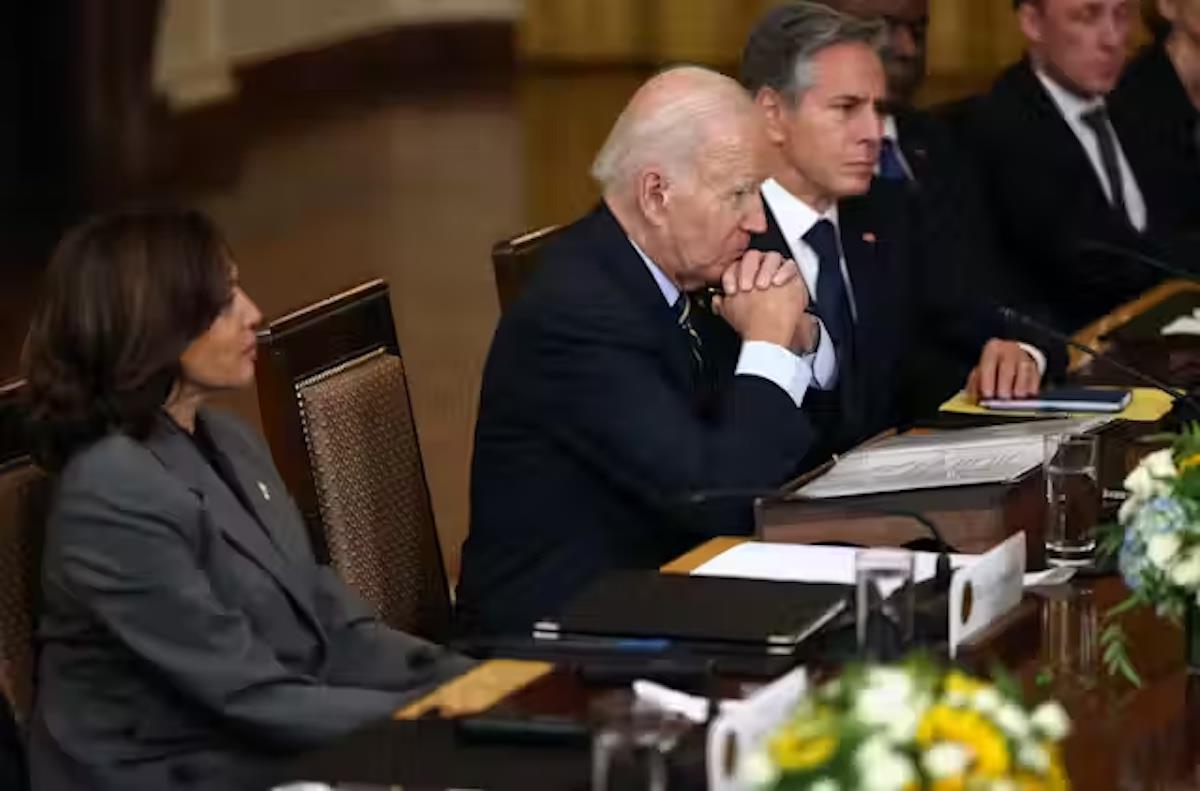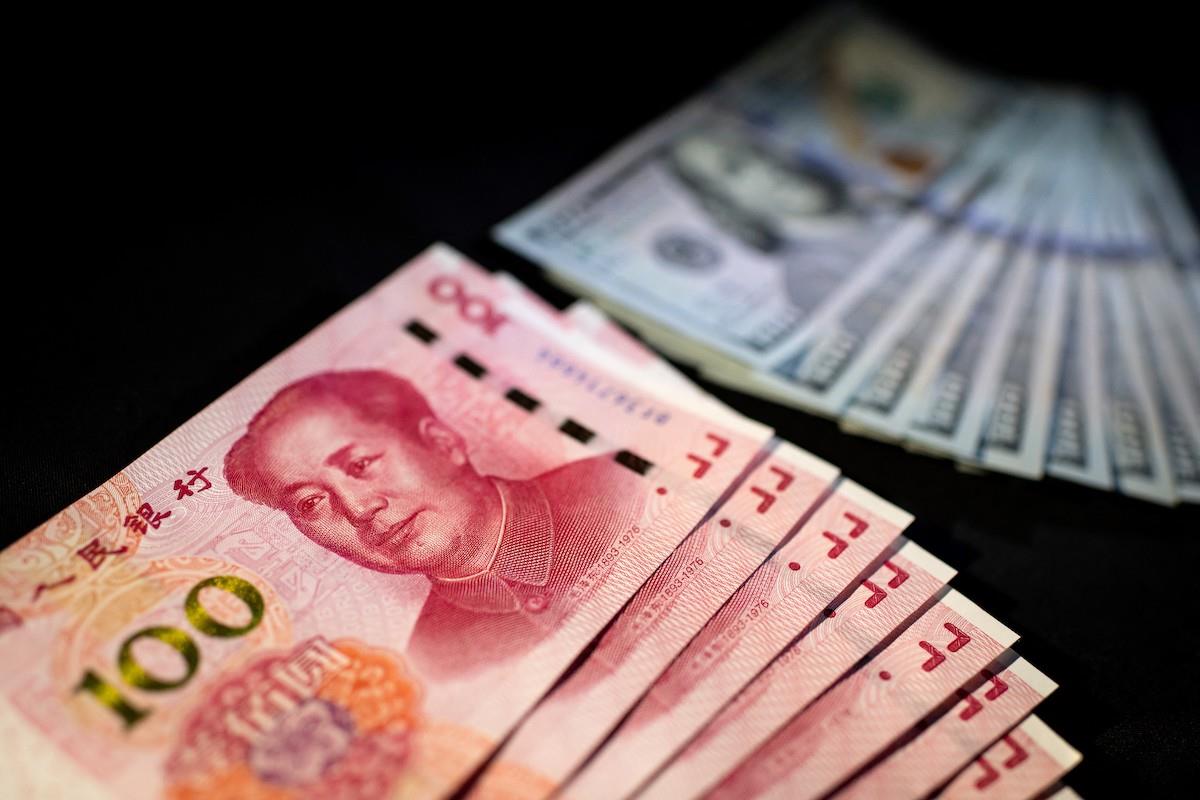
The Decline And Fade Of Australia's Soft Power
Soft power is a country's ability to attract and co-opt rather than coerce. In practice, soft power allows countries to project their values, ideals, and culture internationally to foster goodwill, enhance security, and strengthen long-term partnerships.
Australia has long been a beacon of cultural appeal, democratic values and educational excellence-these elements have formed the bedrock of Australia's soft power in the post-war era.
However, Australia's soft power rankings have shown a clear downward trend over the past decade. Ranking 6th in 2015 in the The Soft Power 30 index , Australia slipped to 10th in 2019 and to 14th by 2023 in Brand Finance Global Soft Power Index.
This steady decline has profound implications for Australia's role and security in a region where non-coercive power is increasingly critical.
For example, Edelman's Trust Barometer highlights the overall decline in Australia's trust levels in Southeast Asia: Australia was marked as one of the biggest losers on the index between 2021-2023, consistently landing in the distrust category with low scores between 1-49 out of 100.
This reflects a serious issue for Australian diplomacy in the era of global power competition in the Indo-Pacific region. Australia must improve its soft power diplomacy to secure its regional influence and security before it is too late.
Canberra's shifting priorities in the regionRecent years have seen an extra grim budgetary outlook for Australia's existing federal avenues that support soft power.
The Department of Foreign Affairs and Trade (DFAT) has massively shrinking funds, the Australian Broadcasting Corporation (ABC) has seen an A$526 million (US$357 million) reduction in funding since 2022, and tightening visa policies is expected to affect educational diplomacy with tertiary institutions projecting an A$310 million revenue shortfall in 2024.
While the Albanese government has pushed for financial boosts in certain areas, the overall budgetary environment is abnormally pessimistic. Why has this happened?
One explanation is that in the wake of Australia's prolonged economic downturn and soaring debt following Covid-19, Canberra's policies have increasingly prioritized domestic issues.
Faced with an expected gross debt of A$598.5 billio for the fiscal year ending June 2024, the government has needed to redirect funds towards pressing domestic concerns such as healthcare, economic stimulus, infrastructure, and social services.
With elections nearing, this fiscal realignment is also likely driven by the need to focus on policies that directly impact people's lives to maintain voter approval. Yet despite these fiscal constraints, defense spending has surged.

Legal Disclaimer:
MENAFN provides the
information “as is” without warranty of any kind. We do not accept
any responsibility or liability for the accuracy, content, images,
videos, licenses, completeness, legality, or reliability of the information
contained in this article. If you have any complaints or copyright
issues related to this article, kindly contact the provider above.


























Comments
No comment